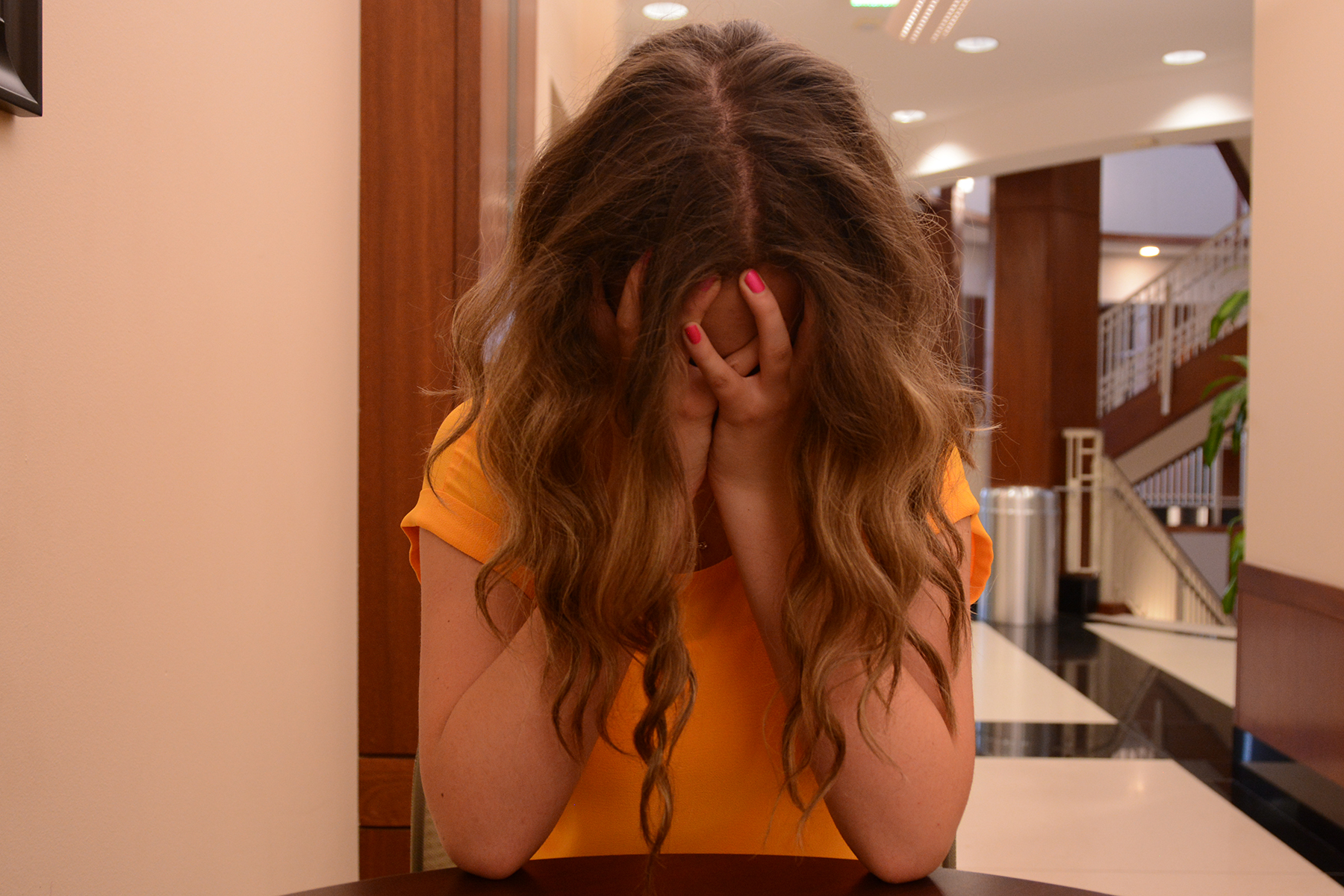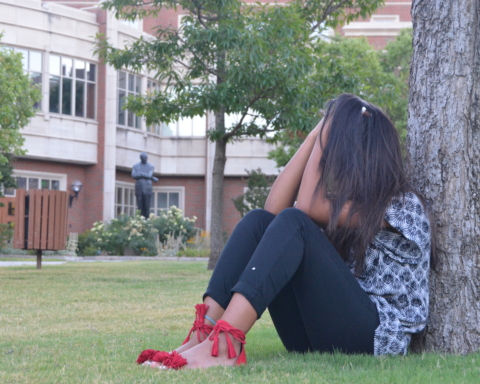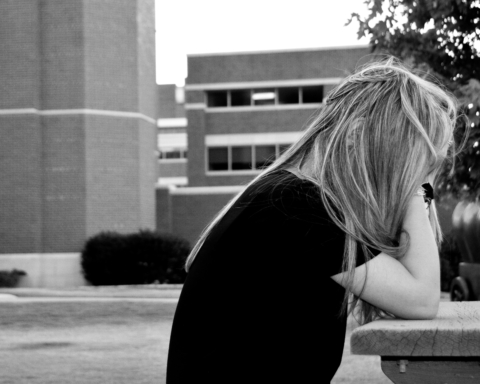By Bailey Coyle
College can be a stressful time in a person’s life and if not handled correctly can lead to serious mental health issues, experts say.
Studies show that students are more stressed than others notice or realize. Feeling overwhelmed, sweating palms and feeling lost are just a short list of symptoms of stress reported by the American Institute of Stress.
A 2018 study by Harvard Medical School examined high stress rates, mental health diagnoses and suicidal thoughts among 67,000 college students. More than 75 percent of students surveyed faced more than one stressful event as defined by the study.
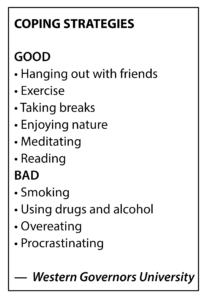
J.D. Baker, special assistant to Oklahoma City mayor, was diagnosed with depression during his freshman year at the University of Oklahoma. A year later, Baker was also diagnosed with bipolar disorder. He said it was important for him to find the best way to balance not only the stress of college, but also the stress of being diagnosed with a mental illness.
“Mental health is affected by the stress of life,” Baker said. “Everyone has stressors and deals with it differently.”
Baker found that during stressful times it’s best if he takes a step back and engages with people less. He also watches TV most nights to get his mind off his stressors.
As stated in a study by Medical News Today, anxiety disorders are the most common types of mental illness and are commonly caused by high levels of stress. It’s crucial that students find the best way for them to release stress before their mental health is affected.
Dr. Karen Vaughn, assistant clinical director at OU’s Counseling Center, said students can join therapy groups at Goddard Health Center to talk about topics including eating disorders, test anxiety, sexual identity, abuse or other concerns.
The counseling center also offers individual therapy, where a student can be seen as much as needed. Most students in individual therapy deal with anxiety, depression, eating disorders, sexual identity or academic problems.
Leslie Speilman, Headington College assistant senior fellow, works with college students and sees how they handle stress.
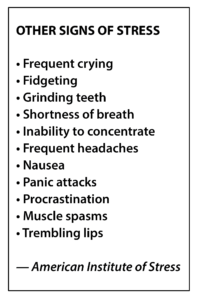
“There’s healthy and unhealthy mechanisms and students need to find what works best for them,” Speilman said.
Speilman deals with stress and anxiety in her daily life and has found good coping mechanisms for herself and for students.
“Looking at the overall picture and trying to identify what specifically is stressing you out,” Speilman said. “Also ask for help when you need it and even when you don’t need it. There’s always a new stage in life, like each semester is a new life. Even as an adult there’s constantly new stages in your life, that’s going to cause different levels of stress.”
As time goes on stress doesn’t go away.
“Take one day at a time,” Baker said. “Mental health affects everyone.”

